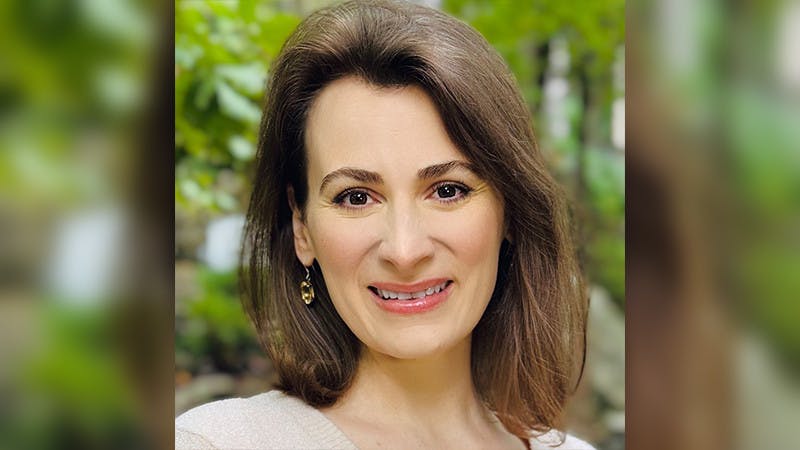As in past election cycles, Democratic candidates won a majority of the Jewish vote in the midterm elections, but the complete story of the Jewish vote is far more complex.
“The reality is that Jewish voters have a whole array of interests,” Hebrew Union College professor and Penn alumnus Steven Windmueller said. Arguing that younger Jewish voters are less wedded than their parents both to the Democratic Party and Israel as a singular voting issue, Windmueller explained these voters might be “more selective in their choice of political candidates in the future.”
Israel “is probably more important in presidential elections,” Penn Israel Coalition President and College senior Evan Philipson said. Philipson explained that many Jewish students on campus, given both the poor state of the economy and Congress’ limited ability to direct foreign policy, probably did not place Israel as “one of their top issues” this election cycle.
There are approximately 2,400 Jewish undergraduate students at Penn, comprising about 25 percent of the total undergraduate population, according to Penn Hillel President and College senior Naomi Kaplan.
Different segments of the Jewish community also tend to have different voting patterns in elections.
Orthodox Jews, one of the fastest-growing segments of the Jewish community according to The Washington Post, tend to be more conservative politically and are more likely to vote for Republican candidates, Brandeis University professor of American Jewish history Jonathan Sarna said.
There are approximately 250 students affiliated with Orthodox Judaism on campus, according to College senior Kelly Finkelstein, co-chairwoman of the Orthodox Community at Penn.
“I’d say that it’s pretty split between liberal- and conservative-leaning students,” Finkelstein wrote in an e-mail, referring to the voting patterns of Orthodox Jews at Penn. “While there is a consensus on general pro-Israel sentiment, that’s probably the only issue that most students will agree on.”
The last time a Republican presidential candidate won a plurality of the Jewish vote was President Warren Harding in 1920, according to a Dec. 2003 article by Windmueller for the Jerusalem Center for Public Affairs. This fact, however, has not dissuaded Republican groups from continuing to entice Jews to vote for the GOP, including in Pennsylvania.
Two polls released earlier this month by two Jewish political organizations told very different stories about the status of the Jewish vote in Pennsylvania.
A survey commissioned by J Street, a primarily Jewish progressive advocacy group that promotes American leadership aimed at peacefully ending the Israel-Palestine conflict, showed Democratic senatorial candidate Joe Sestak capturing 76 percent of Jewish voters in Philadelphia, with Republican Senator-elect Pat Toomey receiving 19 percent.
However, a separate poll commissioned by the Republican Jewish Coalition indicated Sestak received significantly less support from Jews — 62 percent of the vote — with Toomey garnering 30.6 percent. The RJC has pointed to the data as proof of the Republican Party making inroads with Jewish voters.
The National Jewish Democratic Council noted, however, that the RJC poll included Orthodox, Reform and Conservative Jews but not Reconstructionist Jews — creating what they claim is a more politically conservative sample.
Despite the emphasis placed on Israel by the RJC this election cycle, experts remain skeptical that the issue is of singular importance to Jewish voters.
“It is not clear to me that Jewish voters purely voted in this election, or the previous election, on the basis of Israel,” Sarna said. “Many of these candidates were not surrogates” of President Barack Obama, he added, arguing that Jewish voters were focused more on the two candidates in the race.
Sarna did acknowledge that there is uneasiness among some in the Jewish community about Obama’s policies on Israel, noting the tense relationship between Obama and Israeli Prime Minister Benjamin Netanyahu. However, he also noted that some of those individuals did not support the President to begin with.
“In the end, I think it is part of a more general pattern,” Windmueller said, arguing that the economy and health care were on the minds of many Jewish voters, like most other Americans. Jewish voters are “following in the traditions of the general mainstream,” he added.
The Daily Pennsylvanian is an independent, student-run newspaper. Please consider making a donation to support the coverage that shapes the University. Your generosity ensures a future of strong journalism at Penn.
DonatePlease note All comments are eligible for publication in The Daily Pennsylvanian.






